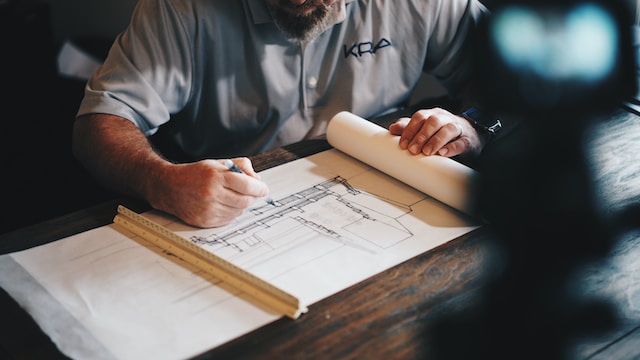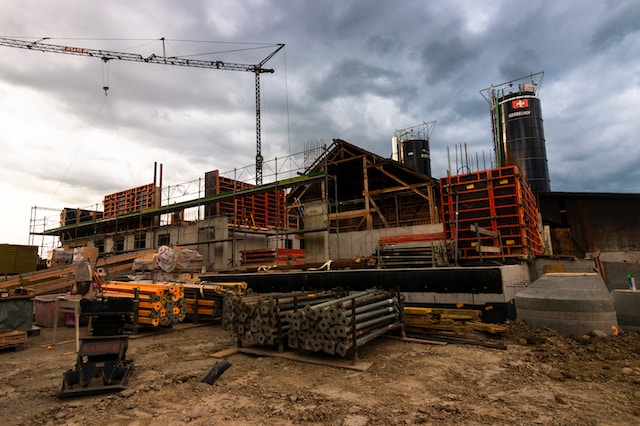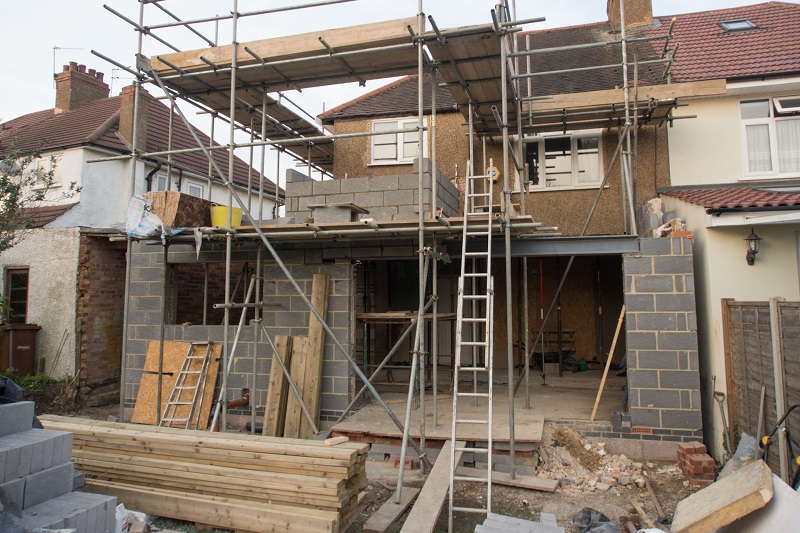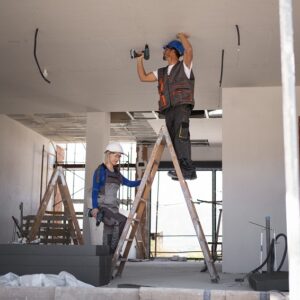Being able to build your home from scratch is something that not everyone can do, but it’s undoubtedly a fantastic undertaking to take on. It enables you to customize your home to your tastes to the fullest.
Is this sounds appealing to you!
Here are Eight Things You Should Consider First When Building a Home
1. Plan your budget
If there’s one aspect of building a home from scratch that you should pay extra attention to, it would be your budget.
Planning your budget accurately ensures that you clearly understand your financial capabilities and helps you make informed decisions throughout the construction process.
You can avoid unnecessary financial stress and unexpected expenses by carefully planning your budget. It allows you to allocate funds appropriately for each aspect of the home-building process, including materials, labor, permits, and any additional costs that may arise.
Moreover, having a well-defined budget lets you prioritize your needs and wants. You can determine which features or upgrades are feasible within your financial means and adjust accordingly.
Being realistic with your expectations is crucial as well. If you don’t have a massive budget for the process, you should expect limitations in your desires.
2. Lot location and history
A huge benefit to building your home from scratch is that you can make the most of the natural terrain available. That’s why it’s a good idea to look deeply into your future home’s location and history.
While it may be tempting to focus solely on the design and layout of your dream home, neglecting these factors can have significant long-term consequences.
The lot location is pivotal in determining the overall quality of life you and your family will experience.
Factors such as proximity to amenities, schools, and transportation can significantly impact daily convenience and accessibility. Additionally, considering the neighborhood’s safety, noise levels, and overall ambiance is vital for creating a harmonious living environment.
Equally important is understanding the lot’s history.
By delving into its past, you can uncover valuable insights that may influence your decision-making process. For instance, knowing if there were any environmental issues or previous land usage can help you assess potential risks or restrictions that could affect your construction plans.
Understanding building codes specific to your area ensures compliance with regulations and safeguards against potential penalties or delays during construction.
By caring about both the location and history when building a home from scratch, you are investing in your present comfort and protecting your future investment.
3. Find the right contractor
It would be best if you were particular with the contractor that you want working on your home. Since this is a long-term project, you want someone who’s not only an expert in their field but also someone personable who you can get along with and trust when voicing concerns or changes. Finding a contractor that isn’t afraid to innovate and stay updated on the latest construction tech is also a good idea. If they use up-to-date construction practices, then they might use tools like engineer construction software or even robotics to help make the construction project safer and smoother at the same time.
4. Create architectural house plans

The ability to customize your house as you build it from scratch is a benefit that you should make the most out of. The best way to do that is by creating architectural house plans specific to your project.
They provide a detailed visual representation of each room’s layout, dimensions, and features. This plan allows you to clearly understand how your home will look and function before construction begins.
Having a comprehensive plan in place can avoid costly mistakes or changes during the construction process.
It can also ensure that your home meets all necessary building codes and regulations. Professional architects have extensive knowledge and experience in designing homes that comply with local building codes, safety standards, and zoning requirements. By working with an architect to create detailed plans, you can rest assured that your home will be structurally sound and legally compliant.
5. Use less-toxic materials

Since you have more of a choice around your house, it’s a good idea to be aware of the materials you want your home to be made of. With the variety of options, you should use less toxic materials for your home.
This step ensures that indoor air quality remains pristine, free from harmful chemicals and pollutants. This benefit is significant as we spend considerable time indoors, and poor air quality can lead to various health issues, such as respiratory problems and allergies.
Additionally, using less-toxic materials aligns with the growing trend toward sustainability in the construction industry.
By opting for environmentally friendly alternatives, you reduce your carbon footprint and minimize the negative impact on our planet’s resources. Sustainable building materials often have lower embodied energy and are sourced responsibly, making them an ideal choice for creating an eco-conscious home.
6. Plan for storage spaces
Planning your home’s interior based only on the functional rooms you expect it to have is setting you up for massive failure. The more lived in the house, the more items you’ll accrue. Thus, it would always help to plan storage spaces in your house’s construction plans.
These dedicated storage spaces can make managing items in your home more accessible. You can even modify it based on your preferences. For example, you can build that into your home if you are a collector.
7. Build to last
Given all the effort to customize your home and personalize it to your preferences, you could invest in things that will ensure your home builds to last.
When you get the suitable materials, hire the right people, and get a solid plan, they all contribute to a home that builds to last and can last for generations.
Conclusion
These things in the article will be crucial to a successful construction project leading to the construction of a home you’re proud to live in. Also, more importantly, you will build a home you’re comfortable living in for a long time. Therefore, make sure to take these into account before you even start hammering the first nail into your future home.





